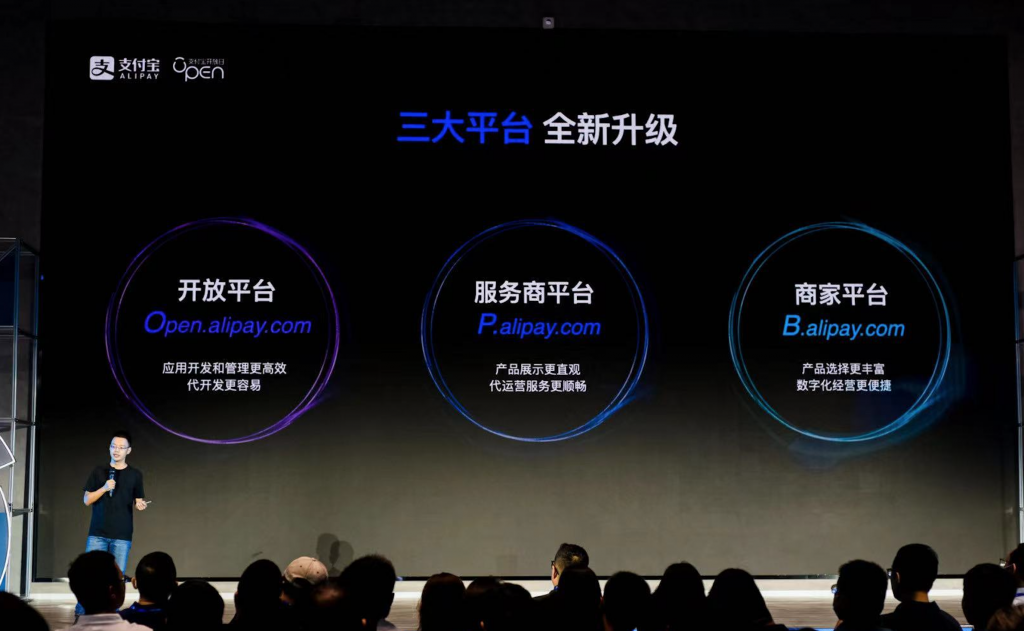What happened
During the 2022 Alipay Partner Conference held in Hangzhou on July 21, Yongming He, Vice President of Ant Group, announced a “new stage” for China’s leading mobile payments platform. With that, Alipay unveiled four product improvements to enhance merchants’ digital strategies.
Firstly, just like bigger brands, small businesses using the Alipay mini programs will now have access to tailored search services. Following that, this new phase means that orders from a service provider can be pushed to the Alipay homepage while sellers’ Alipay digital coupons can also be used seamlessly on their own apps. Finally, merchants will be able to better engage with consumers through a suite of diverse functions such as livestreaming on the Alipay Lifestyle Account or use the Alipay Mini Program to boost conversions.

The Jing Take
The Ant Group-owned platform touted investments with a total value of RMB 10 billion (around 1.5 billion) to strengthen its support for merchants and independent software vendors. In a press release, the company highlighted how merchants have used its digital tools, such as mini programs, lifestyle accounts, and digital coupons, to boost customer engagement and improve sales performance and efficiency.
Although Alipay highlights the success of international corporations like McDonald’s and NBA, small and medium-sized enterprises (SMEs) are more likely to benefit from the partnership; they will gain access to critical digital tools to reach customers all over the world. By helping SMEs reduce their transaction costs without compromising on service quality or growth, more budget can be allocated toward marketing. For bigger companies, the partnership could also amp up stagnating growth in the saturated and unpredictable market.
But as protectionist measures give a competitive advantage to domestic names, international corporations need to fully harness successful digital solutions to survive. This should come as no surprise: at this point in time, luxury knows they need to provide personalized messaging and smooth online experiences in order to boost loyalty and increase customer satisfaction in China.
The Jing Take reports on a piece of the leading news and presents our editorial team’s analysis of the key implications for the luxury industry. In the recurring column, we analyze everything from product drops and mergers to heated debate sprouting on Chinese social media.

